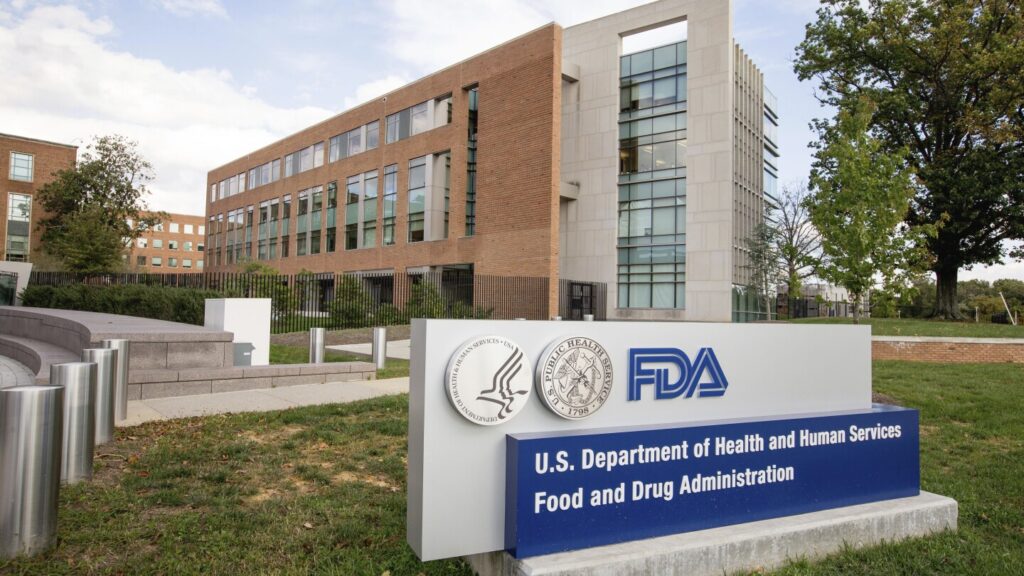
WASHINGTON – The Food and Drug Administration has mandated new, expanded warnings regarding a rare heart side effect associated with the leading COVID-19 vaccines, primarily affecting young men. This move underscores ongoing concerns about myocarditis, a heart inflammation complication that emerged after vaccines became widely accessible in 2021.
Immediate Impact
The FDA’s announcement on Wednesday highlights the need for updated prescribing information for both Pfizer and Moderna vaccines. The agency had previously instructed the companies to broaden their warnings to include more comprehensive details about myocarditis risks, affecting a larger demographic.
8 cases per 1 million people aged 6 months to 64 years vaccinated with the 2023-2024 COVID shots have reported myocarditis.
Key Details Emerge
The newly specified warning indicates that the risk of myocarditis is most prevalent among males aged 12 to 24. Previously, the label focused on the 12- to 17-year-old age group. This adjustment appears to contradict earlier findings by the Centers for Disease Control and Prevention (CDC), which observed no increased myocarditis risk in their vaccine injury databases dating back to 2022.
Industry Response
Experts are divided on the FDA’s latest directive. Dr. Robert Morris, a public health specialist at the University of Washington, expressed concern over the approach. “They are right to suggest that we need to consider myocarditis risks associated with the vaccine, but what they propose is exactly the wrong solution,” he stated.
“We should be investigating who is prone to myocarditis to see if we can predict and mitigate that risk.” – Dr. Robert Morris
Background Context
This development builds on previous actions by FDA Commissioner Marty Makary and his team, who have been critical of federal vaccine policies. They have recently limited annual COVID-19 shots to seniors and high-risk individuals, advocating for seasonal adjustments to match circulating virus strains, which they argue require additional testing.
By the Numbers
- 12-24 years old: Most affected age group for myocarditis post-vaccination
- 2021: Year myocarditis emerged as a vaccine complication
- April 2023: FDA requested updated warnings from Pfizer and Moderna
What Comes Next
The timing is particularly significant because new vaccine advisers appointed by Health Secretary Robert F. Kennedy Jr. are currently debating the continued use of COVID-19 vaccines for key groups, including pregnant women. This marks the first meeting of the CDC advisory panel since Kennedy’s controversial reorganization of the group.
The FDA’s label update is viewed by some as part of a broader strategy to limit vaccine use, a move that has sparked debate among public health officials and experts. The discussion continues as stakeholders assess the potential implications for public health policy and vaccine distribution.
As the situation evolves, the focus remains on balancing vaccine safety with the need to protect against COVID-19, particularly in vulnerable populations. The ongoing dialogue among health authorities, scientists, and the public will be crucial in shaping future vaccine strategies.






